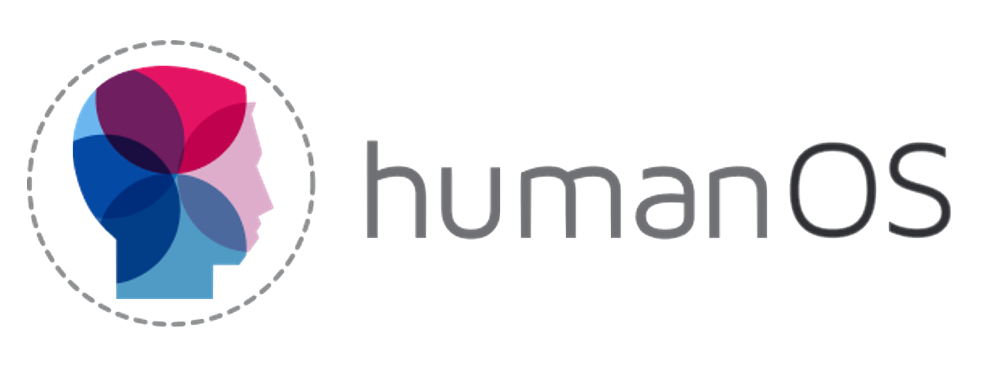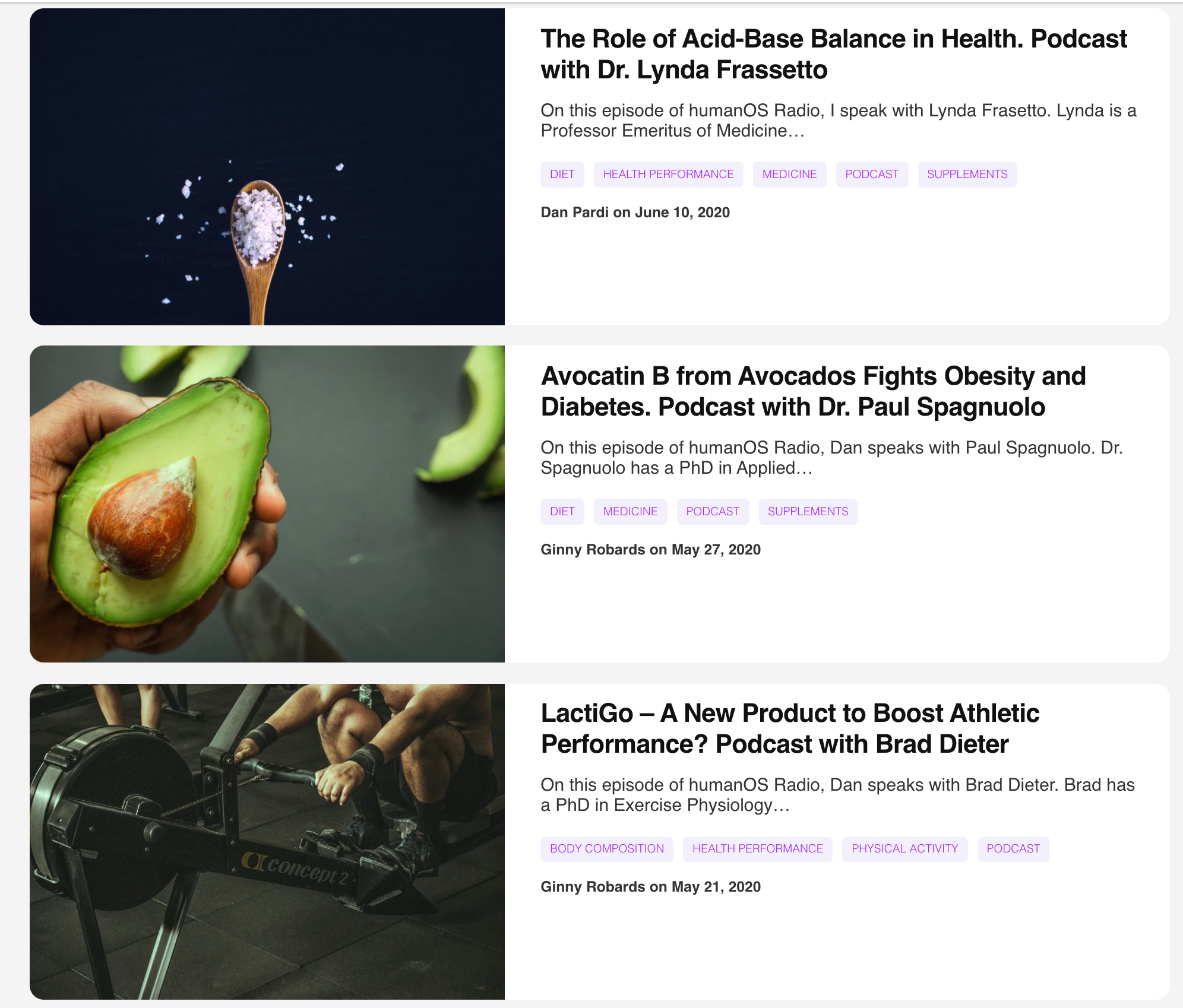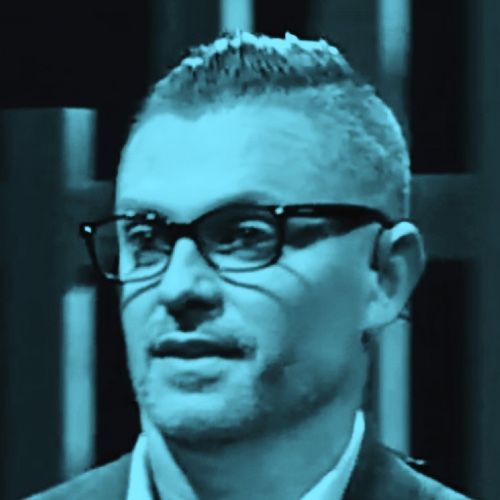#081 - Urolithin A from Pomegranate for Brain Health - Dr. Julie Andersen
In this episode of humanOS Radio, Dan speaks with Julie Andersen. Julie has a Ph.D in neurobiological chemistry from UCLA, and subsequently did her post-doctoral fellowship in the department of neurology at Harvard.
Presently, she is a professor and researcher at the Buck Institute, an independent biomedical research institute that is dedicated to investigating aging and age-related disease. Her lab is working on identifying novel therapeutics to delay or prevent the age-related molecular processes that drive neurodegenerative diseases. For example, she and other researchers at the Buck have been investigating compounds that could clear out senescent cells, which have been linked to age-related functional decline, as we have discussed previously on several shows.
Recently, Julie and her colleagues received a grant from the NIH to examine a natural bioactive known as urolithin A. Urolithin A does not come directly from the diet - it is actually a metabolite that results from the biotransformation of ellagitannins and ellagic acid via the gut microbiota. These phenolic compounds are found abundantly in edible plants, most notably in pomegranate, walnuts, berries, tea, and fruit juices (as well as certain types of wine).
In animal models of aging, urolithin A has shown great promise. Older mice that were given the compound exhibited a 42% improvement in endurance while running, compared to control rodents of the same age. And nematodes that were exposed to urolithin A experienced a 45% boost in lifespan. And the first clinical trials in elderly human subjects suggest that the compound is safe and effective for reversing age-related muscle decline.
So what makes urolithin A so powerful? It appears to enhance autophagy, the natural mechanism through which cells effectively cleanse themselves by removing dysfunctional proteins and cellular components. This property makes it an enticing therapeutic compound for addressing neurodegenerative disease. One of the hallmarks of Alzheimer’s disease is the accumulation of irreparably misfolded proteins in the brain. It is thought that deregulation of the autophagy pathway with age leads to reduced clearance of these broken proteins, which in turn leads to the formation of toxic aggregates that are typically found in deceased patients.
Unfortunately, the capacity to generate urolithin A also appears to decline with age. To that end, Julie and her team plan to try to rejuvenate the gut microbiota of older mice using targeted probiotics, which should enhance production of urolithin A. They will then track neuropathology, memory loss, and mortality in a rodent model of Alzheimer’s disease, and compare outcomes in mice treated with urolithin A and controls.
To learn more about this fascinating research, check out the interview!



